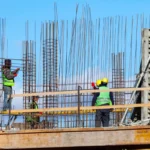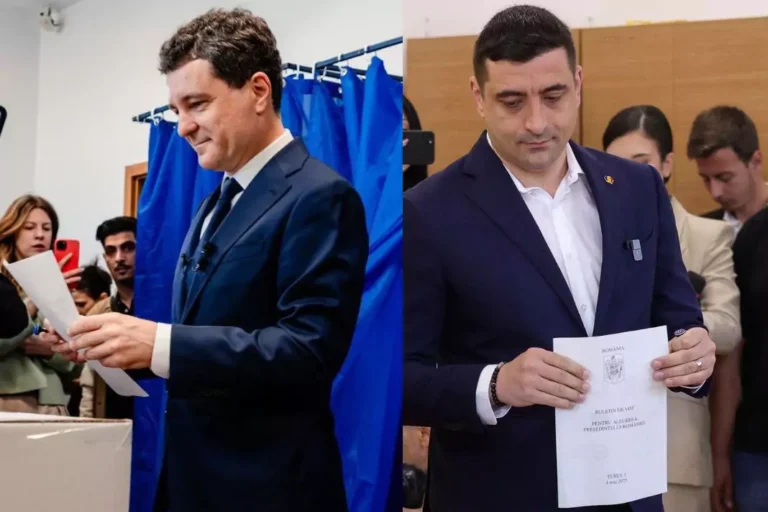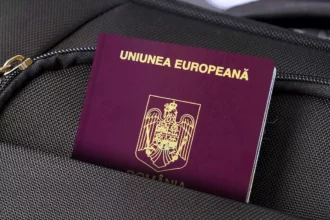Romania has entered a decisive phase in its presidential election process after the first round of the highly anticipated rerun concluded on May 4. Nationalist candidate George Simion, leader of the Alliance for the Union of Romanians (AUR), emerged as the frontrunner, securing 40.96% of the national vote.
Simion, who ran a campaign centered on nationalism, traditional values, and Euroscepticism, will now face independent, pro-European candidate Nicușor Dan, who garnered 20.99%, in the runoff scheduled for May 18. Dan, the mayor of Bucharest, is widely seen as a moderate voice and has already begun consolidating support from centrist and liberal parties in a bid to counter Simion’s surge.
Former Liberal Party leader Crin Antonescu trailed narrowly behind Dan with 20.51%, failing to reach the second round, and his former ally, Victor Ponta (ex-President of Social Democratic Party), was voted by 13,05% of voters. The remaining votes were divided among several minor candidates.
A Historic Rerun
This election rerun follows the annulment of the original November 2024 vote by Romania’s Constitutional Court, citing unprecedented levels of foreign interference. Intelligence reports and independent investigations found credible evidence of Russian hybrid attacks, including coordinated disinformation campaigns and cyber intrusion aimed at swaying public opinion.
That annulled vote had seen Călin Georgescu take an early lead before the results were thrown out. Georgescu was later disqualified from the rerun due to alleged campaign irregularities and a criminal investigation into his finances.
Simion stepped in as a replacement candidate for the nationalist bloc, quickly consolidating support from Georgescu’s base. His performance in the diaspora vote was particularly strong, winning over 61% of overseas ballots cast.
A Divided Electorate
The results underscore a deepening divide in Romanian politics between a growing nationalist current and a pro-European mainstream. Simion’s critics warn that his rise may jeopardize Romania’s commitments to the European Union and NATO, as well as its stance on regional security amid Russia’s continued aggression in Ukraine.
In contrast, Nicușor Dan has vowed to strengthen Romania’s Western alliances and uphold democratic norms. Speaking on Sunday night, Dan said, “This election is not just about Romania’s next president; it’s about the kind of country we want to live in.”
What’s Next?
The next two weeks will see a heated campaign as both camps rally their bases. Analysts suggest Dan will need near-unified backing from the center-left and moderate right to overcome Simion’s strong first-round momentum.
The runoff vote will take place on May 18, with international observers already deployed to ensure a free and fair electoral process. The outcome is expected to have profound implications for the country’s geopolitical alignment, democratic institutions, and social cohesion.

















